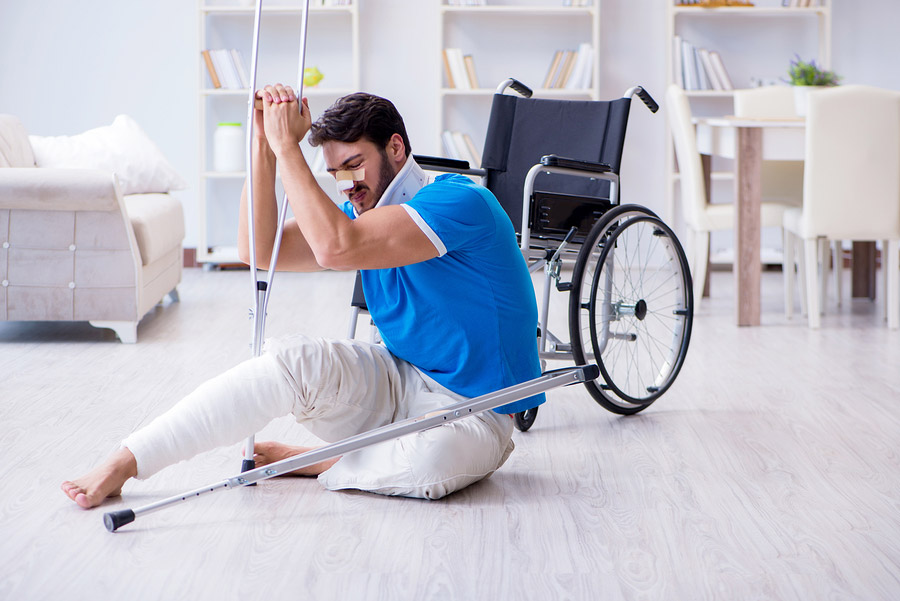It’s a worrying time having a loved one in the hospital, whether their stay is for a planned surgical procedure or the result of an emergency visit. Having a care plan in place after discharge is important and worth spending the time to think about now.
If you don’t already have a care plan in place, you should discuss specific needs and options with the hospital discharge manager/social worker, and identify how much financial help and support is available from your health insurance for post-surgery home care.
After Surgery Home Care Isn’t Just For Seniors
There are many reasons why your loved one might require a planned or emergency surgical procedure, and in many cases, age isn’t a factor. Common surgeries in the U.S. include:
- Appendectomy
- Cholecystectomy
- C-section
- Spinal fusion
- Joint replacement
- Repair of fractured bones
Joint replacement is typically planned, but the others are frequently urgent or emergency cases, highlighting the need for a care plan or an understanding of what might be required now in preparation for ‘what ifs’ in the future.
Temporary After Surgery Home Care
Depending on the surgery they’ve had, your loved one’s care needs may require getting professional help to assist with wound and dressing care, manage complicated medication regimes, physiotherapy and provide assistance with toileting and bathing.
The hospital will advise you on what you’ll need and should be able to guide you to organizations that can assist you. Sunny Days In-Home Care provides home care rehabilitation services, and we can create a detailed care plan to assist you and provide in-home care.
Types of After Surgery Home Care
While individual needs will vary for post-surgical home care, some considerations for you to bear in mind include:
Type of caregiver needed: An aide may be enough for washing and dressing, but a professional health caregiver may be required for wound care, IV-line care, and physiotherapy.
Equipment: If your loved one will be restricted in movement, additional equipment may be needed, such as a commode for the bedroom, a bed rail, a walking frame, or other products.
Eating and drinking: Post-hospital stay, your loved one may be on a specific diet, unable to eat and drink properly or require special meals, all of which may require assistance from a professional caregiver.
Getting to appointments: There may be a series of follow-up appointments, but if your loved one is unable to drive, putting a plan in place to help them safely attend their doctor visits is important.
Shopping and chores: A loved one may need help with grocery shopping, errands, and other day-to-day activities during their convalescence.
Companionship: It can be lonely during recovery time. An in-home caregiver can provide much-needed companionship and conversation after a hospital stay.
Sunny Days Offers After Surgery Home Care
You don’t have to feel alone or struggle to put arrangements in place. If you need advice and are unsure where to find the resources you need, contact Sunny Days In-Home Care to discuss recovery services for your loved one. Call (724) 260-5186 or contact us now.

